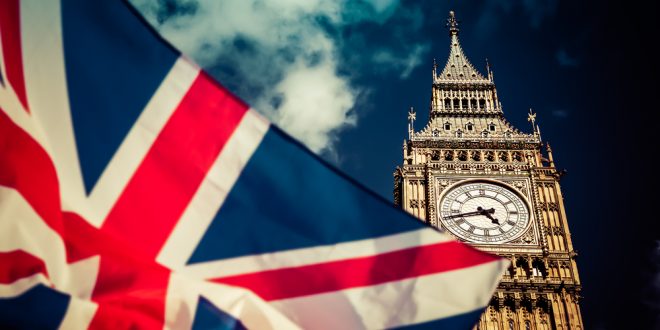Will the Bank of England hike interest rates again at the beginning of February? Market observers do believe the answer is yes. The monetary policy committee may wait until May, though February’s meeting is looking much more 50:50 than it did just a few weeks ago.
Partially, that is because it looks like Omicron’s economic damage will be neither huge nor long-lasting.
Supply and goods shortages are a pressing issue for most businesses, while the latest card spending data shows social spending fell off a cliff in late December.
There’s a decent case for waiting for more data, as the committee did last November, and that’s why we’re still leaning towards a rate hike in May. A negative December and January GDP reading look likely.
But equally last month’s rate hike decision, given that Omicron’s wave was underway in London, shows that the committee, like the US Fed, is placing decreasing emphasis on Covid-19. In the absence of tighter restrictions, much could depend on whether cases and hospitalizations have peaked nationally much before the 3 February meeting.
Inflation is set to peak above 6%
More importantly, hot inflation is clearly going to peak much higher than the UK central bank expected only a few months ago. Forecast refers to a high of roughly 6.5% in April, and expect headline CPI to end 2022 close to 4%.
Predictably, this is heavily linked to the spike in gas and electricity prices. In fact, for most of 2022, electricity alone is likely to be contributing over two percentage points to those headline inflation rates.
So far, British households have been insulated from the bulk of the recent cost pressure by the semi-annual price cap system. However, the next update in April, taking into account average futures prices between last August and the end of this month, could deliver a 50% increase in household energy prices. At their peak before Christmas, gas prices were pointing to an increase in excess of 60%.
The Bank of England’s Governor Andrew Bailey, along with other hawkish policymakers, have previously sounded the alarm about higher headline inflation and the possible feed-through to expectations and future inflation rates.
There has already been an uptick in some measures of consumer inflation expectations, though in practice these tend to track current CPI rates. With the jobs market also looking fairly tight, the BoE could hike rates further. A higher inflation peak means policymakers may be more tempted to move again in February.

 Noor Trends News, Technical Analysis, Educational Tools and Recommendations
Noor Trends News, Technical Analysis, Educational Tools and Recommendations




